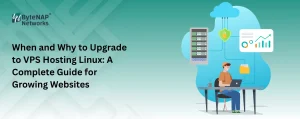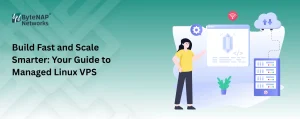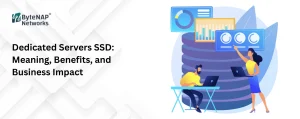Are you worried about cloud security best practices for your business in 2021?
Then, you are not alone. After all, over 68% of companies mentioned that cloud misconfiguration is a top concern for keeping their data and infrastructure secure. A large 52% of organizations discovered insecure interfaces which makes it yet another huge concern for their cloud.
Cloud security can fall apart quickly if the cloud is not properly optimized and regularly patched.
With threats like DDoS attacks, SQL code injection, and other such data breaches increasing with each passing day, enterprises need to take a standardized approach to cloud security and a secure cloud host with superior processes and practices. Here are the top seven cloud security best practices you need to know for 2021.
7 Cloud Security Best Practices to Keep Your Cloud Environment Secure
Below are the seven best practices that one should remember while talking about cloud security.
Pick a Reliable and Secure Cloud Provider
Picking the appropriate cloud provider is usually about opting for a cloud service offered by a well-known provider. You should go for the cloud service provider well known for offering cloud security. As they often have been in the industry longer and had time and resources to improve their security and access control features.
Below are few things to look for while choosing a cloud security provider:
Security Response
Perform deep research about the companies that offer cloud security services. Look if the company had a security breach in the past and what security practices they are using.
Security Features and Add-On Offerings
You should take note of, What security features you get with the plan? What add-on features or services do the cloud provider offer to you? Make an informed decision while picking a cloud security provider.
Security Policies
Before opting for a cloud security provider you need to ask yourself a question:
Does your preferred cloud provider have particular public policies and Service Level Agreements (SLAs) relating specifically to security and data responsibility?
Compliance
Does the cloud provider offer totally compliant servers? PCI, HIPPA, GDPR, CCPA, and SOC all have quite distinct requirements regarding security configurations and practices. Rather than working laboriously with several cloud hosting providers, work diligently and strengthen your infrastructure with just a cloud host.
Suggested For Further Reading:
- What Is Cloud Monitoring? Benefits and Best Practices
- Top 5 Benefits of Cloud Computing
- 5 Common Cloud Backup Mistakes
Know the Security and Compliance Responsibilities
When you start utilizing a cloud provider, it is critical to understand that security and compliance liabilities are shared among the cloud security provider and the end-user. You should completely understand where your end-user responsibilities begin and end. On knowing these responsibilities you can concentrate on enhancing the security for which you are responsible.
Below we have listed things to note when assessing security and compliance responsibilities.
Cloud Service Provider Policies
The service provider possibly has few policies like an Acceptable Use Policy (AUP), Terms of Service (TOS), and Privacy Policy. These policies will usually have the necessary information that describes the service provider’s opinion on ownership, security, and liability of the data you, as a client, place on their platform.
Harden the Security and Access
Prior to uploading data to a cloud provider, you should conduct a precise review of any security and access settings. You should have a fair understanding of who should have access to what sorts of data inside your organization.
Understand the Data Encryption Policies of Your Cloud Provider
Understanding cloud provider’s encryption is very crucial. In the modern era, there’s no reason for data to be transmitted in the clear. Instead, it should be encrypted in transit via SSL. This avoids data interception on the networks as it travels among the end-user and the cloud service provider.
Develop Policies and Training
It is vital to develop clear policies on who can access the cloud services, how they can access them, and what data can be stored inside the cloud. Conduct training regarding these security policies to ensure an end-user doesn’t unexpectedly become the source of a regulatory compliance breach or a data breach.
Audit Access and Usage
Regular audits of your cloud service should be performed to identify who has been accessing it and what they have been doing. Be on the outlook for illegal access by users and/or data sharing and quickly follow up on any imperfections.
Respond to Security Issues
In the cybersecurity world, it doesn’t matter if your data or your cloud hosting provider is violated. You should understand your vulnerability have a predefined action plan to manage these eventualities.
Conclusion
We hope this article helped you know the 7 cloud security best practices.
Here at ByteNAP, we provide the Best Linux VPS Hosting plans that come with an SLA Uptime guarantee of 99.9%.








